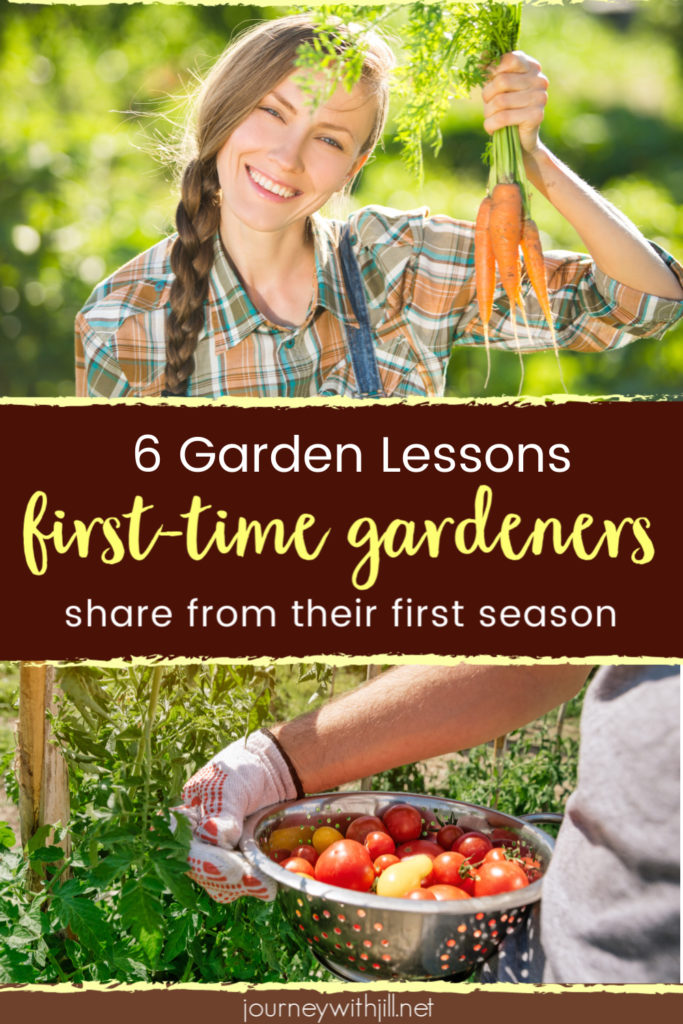6 Lessons Beginning Gardeners Learned After Their First Season
Who can beginning gardeners learn the most from?
I think we’d all say experienced gardeners offer priceless garden wisdom, but there’s a group of people first-time gardeners can also learn from that’s often overlooked: second-time gardeners. Still with a beginner’s mindset, gardeners in their sophomore year recall details experienced gardeners forget.
It’s kind of like how a mom of a toddler can offer something special to a mom of a newborn that a mother of teenagers can’t. It’s a “been there, done that” mindset that hasn’t “been there, forgotten that.”
Though I still consider myself a beginning gardener in so many ways — we’re all learning no matter how many seasons we’ve gardened — I asked second-time gardeners in my Facebook group to share their top suggestions and garden hacks with their first-time peers. Most of the suggestions fell into a few categories.
In this episode of the Beginner’s Garden Podcast, I share the six best tips beginning gardeners learned after their first season. Click to listen or continue reading below.
Proper Timing of Planting
Check when individual plants should be planted. So many first-time gardeners decide they want to plant a vegetable or fruit, only to realize it should have been planted months ago. Ignore arbitrary planting calendars you find online; you want to find the right dates for your zip code and your zone. You can find this information from your local cooperative extension service or by online services in which you plug in your zip code.
Don’t start and plant too early. Even if you start seeds indoors, you don’t want to start them too early. Later you’ll find they’ve outgrown their seed starting container and need to be transplanted, but your weather isn’t ready for them to live outside.
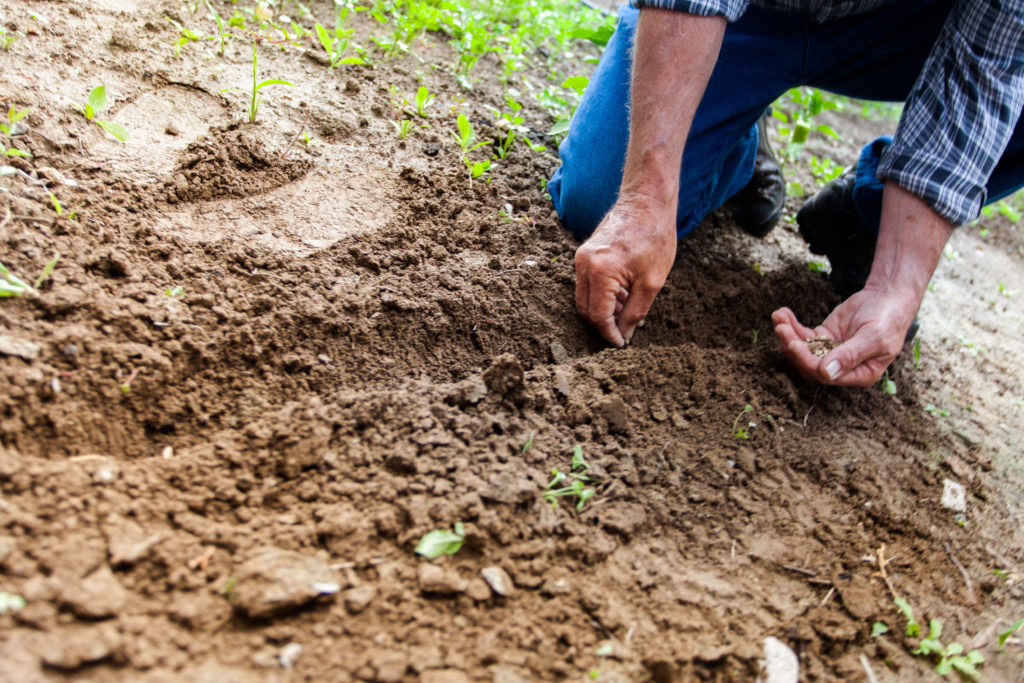
How Many to Plant
Don’t plant too much and overcrowd your garden. It’s hard to leave the recommended spacing between seeds or transplants because they’re so small in the beginning. But the spacing recommendations have been calculated to help your plants uptake enough of the nutrients they need from the soil. In addition, they need that room to prevent the spread of disease.
Watering the Garden
Don’t over water! It’s easy for us to think our plants need more water. We read the recommendations that say our plants need an inch of water a week, but what does that mean?
I have set my drip irrigation up on a timer for a couple of hours a day a few times per week. As long as I remember to turn it off when it rains, I haven’t had a problem with over watering.
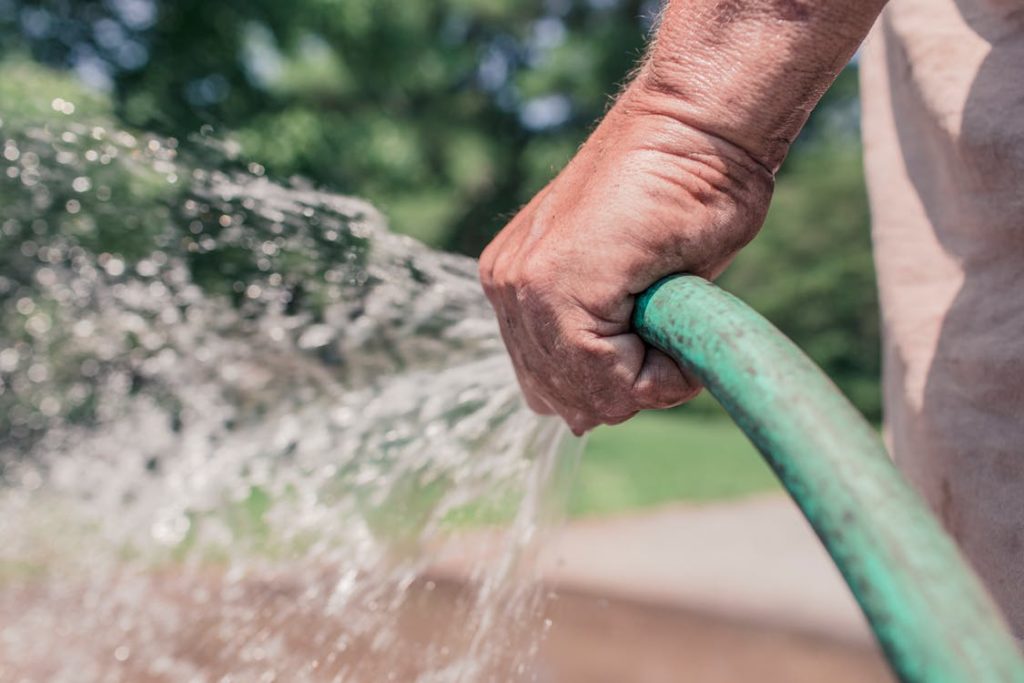
Don’t neglect to water during hot weather. That sounds obvious but it’s easy to forget after a time with a lot of rain or when life is busier. And if you’re going on vacation, make plans to ensure your garden receives water while you’re gone.
Protecting the Garden
Check for insects daily. Many times we can manage an insect problem without spraying chemicals if we catch it early and handpick.
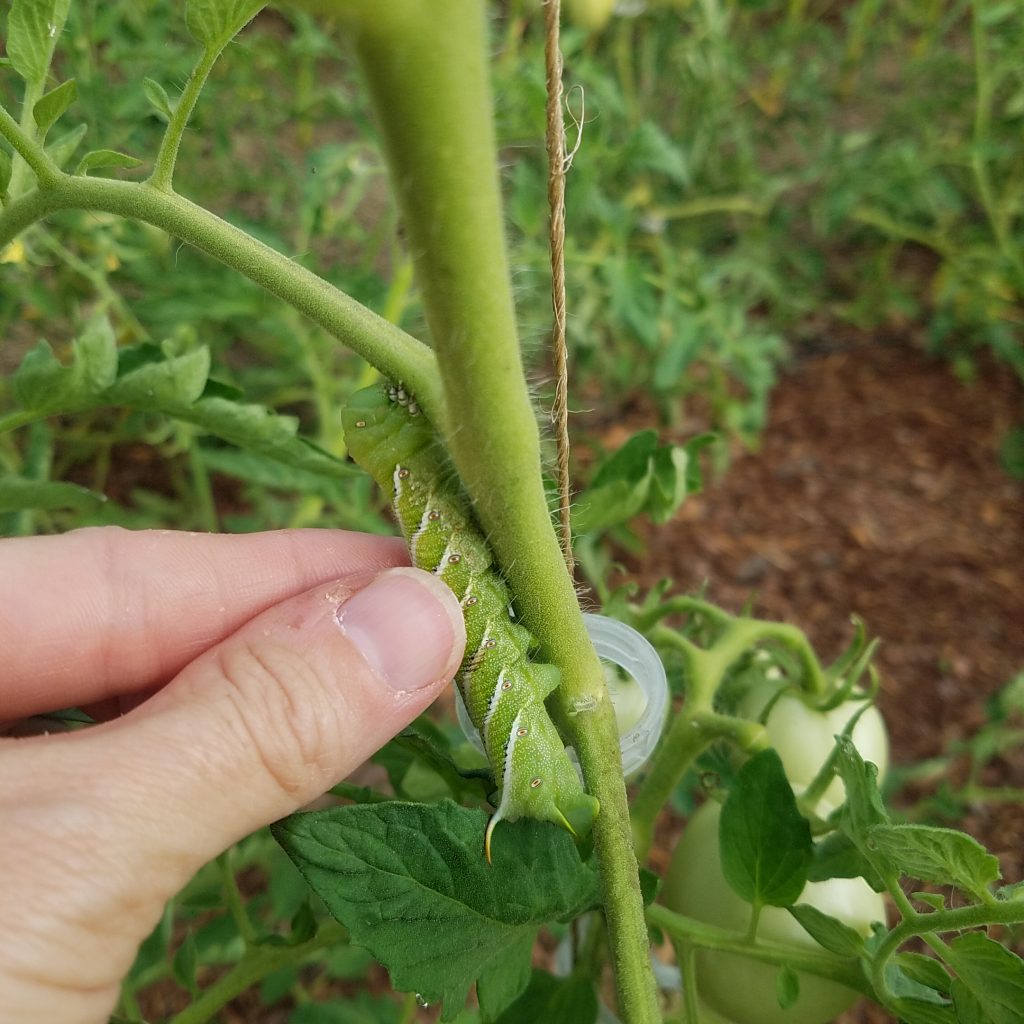
We also need to protect our gardens from wildlife. You may have dogs, deer, rabbits, or other animals that want to eat your vegetables. It will depend on what is the problem in your area how to prevent wildlife from eating your garden, but I always recommend starting with a barrier of some sort. For your first garden, be aware of which animals may be present so you can take measures to prevent them from sharing your harvest with you.
Raised Bed Tips for Beginning Gardeners
Use different sources of compost, if possible, in your raised bed soil. A variety of organic material will provide different nutrients your plants will appreciate. Often bulk compost that you purchase will contain a heavy proportion of wood products, which is fine, but you’ll find greater success adding other sources such as worm castings, homemade compost, or locally-sourced manure as well.

Don’t make your raised beds too wide. You can make them as long as you want, but if they’re wider than 4′ then you won’t be able to reach to all of your plants. Many gardeners find that 2.5 to 3 feet wide is most comfortable. If you place your raised beds against a fence, 2.5 feet would be the maximum width.
Keeping Your Eyes Open to the Future
Gardening is always changing, and it’s good to keep our eyes on the big picture.
Sometimes plants die. We can’t save them all. This is important to remember because we won’t save all of our plants all season, and not all of them will produce how we expected or hoped. It happens to the best of us!
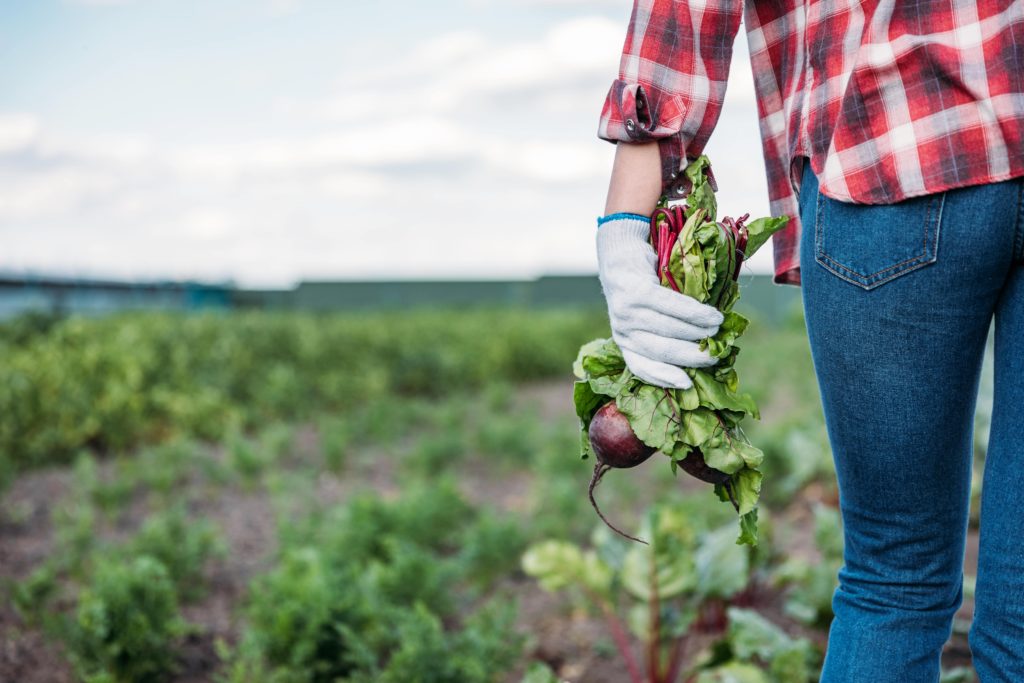
Take time to learn. The more we learn, the better we will get in our gardens!
Celebrate your successes, learn from your failures, and write it all down. Get a garden notebook like the ones in my shop. Write down all of the details so that you can learn from for next year.
As you can see, sophomore gardeners can teach us a lot. What would you add to the list? Comment below!
Get more tips here: My First Garden: Mistakes and Successes
Do you get overwhelmed with garden planning?

Subscribe here for my best tips to plan your garden in just 7 days -- all for FREE.
Plus, I'll send you my "In the Garden E-mail" on Fridays, periodic updates on garden resources relevant to you, and you'll receive access to my entire bank of free garden downloads!
You are also agreeing to our privacy policy.

